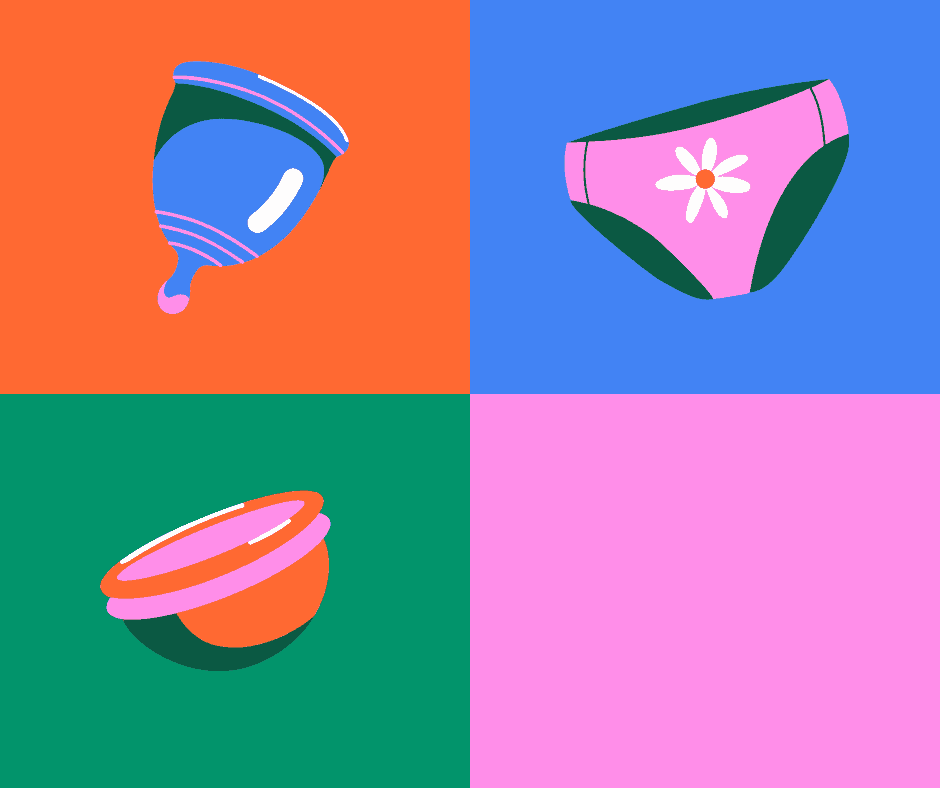Menstruation. It’s not a topic that most of us are taught to feel comfortable talking about, nor one that we usually bring up in polite company.
However, the truth is that many people in the world face silent struggles on this issue, and when the taboo surrounding it prevents people from getting the information, they need to take care of themselves properly, it can lead to issues like reproductive cancers, malnutrition, and even death. That’s why it’s time for us to break the silence on menstrual hygiene around the world.
What is Menstruation?
Menstruation is a natural process in which a woman’s uterus sheds its lining as part of a monthly cycle. It typically occurs between puberty and menopause and lasts from 3 to 7 days. What does menstruation look like?
Cultural Perceptions of Menstruation
Menstruation is viewed as a taboo subject in many cultures. It is considered bad luck to talk about periods while they’re happening, and some people believe that menstruating women can’t enter places like temples or schools.
This silence around menstruation creates a stigma around periods and makes it hard for people to take care of their menstrual hygiene.

Education about Menstruation
In many cultures, there is still no conversation about menstruation. Girls are simply told to stay out of school or away from men during their period.
In recent years, there has been more focus in society and media about periods. It’s important for girls to know that they’re not dirty or impure because they menstruate and that their bodies are healthy and normal. All girls need to be educated about periods so they can have a better relationship with themselves as well as other people.
Challenges Posed by Periods
Women and girls in developing countries miss school, work and other activities because they lack access to safe and clean menstrual products. In the poorest countries, menstruation can be a death sentence.
In India
women are often forced to use dirty rags or even sand during their periods which can lead to infection and disease.
in Ethiopia
It has reported being fired from their jobs if they do not provide a doctor’s note saying they are too sick for work during their periods.
Preventing Infections and Toxins in Toxic Shock Syndrome (TSS)
A common misconception is that tampons are a major cause of TSS, but they’re actually one of the least risky products. Over 90% of menstruating people use tampons or pads, and only a small fraction (1-2%) of those ever develop TSS.
It is possible to get TSS from using tampons, but it’s much more likely to get it from other sources like contact with faces or dirty instruments.
Unhygienic Practices Lead to Problems later in Life
In many countries around the world, girls and women are taught to use unhygienic practices during their menstrual cycle. These practices can lead to health problems such as bacterial infections and reproductive issues. In addition, using unhygienic products can lead to increased risk of HIV/AIDS.
